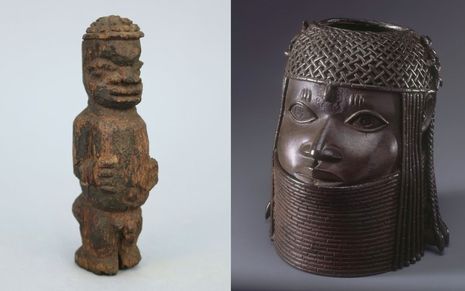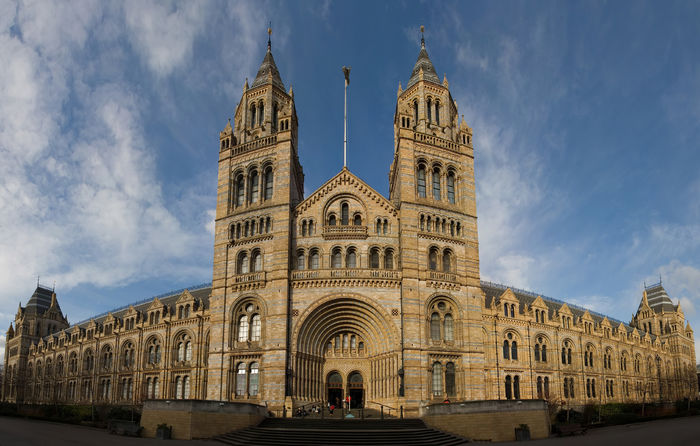Return of University museum’s 116 looted artefacts is approved
The Charity Commission has rubber-stamped the Museum of Archaeology and Anthropology’s request to give its Benin bronzes back to Nigeria

The Charity Commission has granted Cambridge University permission to return 116 Benin bronzes — originally taken from Benin City by British forces in 1897 and currently displayed in the University’s Museum of Archaeology and Anthropology (MAA) — to the National Commission for Museums and Monuments (NCMM) of Nigeria.
The Museum received a formal claim for the items from Nigeria’s NCMM in January this year. Cambridge announced that it would ask permission to honour the request in July — shortly after Oxford University said it would return 97 bronzes in its possession.
After considering the issue “carefully” a spokesperson for the Charity Commission said that the University “were under a moral obligation to take this step.”
Although ownership will be transferred to the Nigerian commission, the University says several of the bronzes will stay in Cambridge on extended loan “ensuring that this West African civilisation continues to be represented in the Museum’s displays, and in teaching for school groups.” This approach is supported by the Nigerian government, as well as the Oba (king) of Benin.
In October 2021, Jesus College became the first institution in the world to return a Benin bronze, when it handed back Okudor, a bronze cockerel which had been held by the College since 1905. Since then, museums across the country and the world have returned the Benin bronzes in their possession to Nigeria.
Jesus College Master Sonita Alleyne told Varsity that she was proud to have been the first institution in the world to return a Benin bronze: “I think the tide has turned… For us, it was about doing the right thing. The Bronze is part of Benin’s ancestral heritage. I commend our Fellows for their clarity and vision and for the global change they started.”
Alleyne continued: “I’m aware that many other organisations — like the University of Cambridge’s Museum of Archaeology and Anthropology — are now actively engaging with these issues after periods of dialogue.”
When asked about how the restitution would change the Museum, the director of the MAA told Varsity: “The current display features the historic, ritual contexts of the bronzes, their looting in 1897, and contemporary responses to those events. The Museum team will continue to update exhibitions and present a wide range of current perspectives.”
The University is currently working with the Charity Commission to finalise arrangements for the return of the artefacts.
 News / Reform candidate retracts claim of being Cambridge alum 26 January 2026
News / Reform candidate retracts claim of being Cambridge alum 26 January 2026 News / Report suggests Cambridge the hardest place to get a first in the country23 January 2026
News / Report suggests Cambridge the hardest place to get a first in the country23 January 2026 Interviews / Lord Leggatt on becoming a Supreme Court Justice21 January 2026
Interviews / Lord Leggatt on becoming a Supreme Court Justice21 January 2026 Comment / How Cambridge Made Me Lose My Faith26 January 2026
Comment / How Cambridge Made Me Lose My Faith26 January 2026 News / Cambridge psychologist to co-lead study on the impact of social media on adolescent mental health26 January 2026
News / Cambridge psychologist to co-lead study on the impact of social media on adolescent mental health26 January 2026










